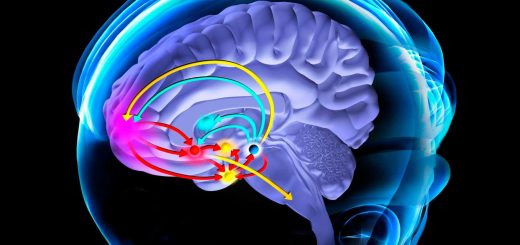Human brains have been mysteriously preserved for thousands of years
Intact human brains 12,000 years old or more have been found in unexpected places such as shipwrecks and waterlogged graves, but it is unclear what preserved them
By Michael Le Page
20 March 2024
The 1000-year-old brain of an individual excavated from a churchyard in Ypres, Belgium. The folds of the tissue, which are still soft and wet, are stained orange with iron oxides
Alexandra L. Morton-Hayward
A study of human brains that have been naturally preserved for hundreds or thousands of years has identified 1300 cases where the organs have survived even when all other soft tissues have decomposed. Some of these brains are more than 12,000 years old.
“Brains of this type, where they’re the only soft tissue preserved, have been found in sunken shipwrecks and in waterlogged graves where the bones are just floating,” says Alexandra Morton-Hayward at the University of Oxford. “It’s really, really strange.”
Read more
How to keep your brain healthy: The 7 things you should do every day
Advertisement
“We’re not expecting a brain to preserve in any type of environment, to be honest,” she says. “If, as an archaeologist, I dig up a grave and I find a brain rattling around in a skull, I would be shocked. But particularly, we’re not expecting soft tissues to preserve in waterlogged environments.”
Morton-Hayward first became interested in brain preservation while working as an undertaker. “The brain is known to be one of the first organs to decompose post-mortem. I saw it liquefy pretty quickly. But I also saw it preserve,” she says.
Many researchers have noted that human brains are found preserved more often than expected and in surprising circumstances, says Morton-Hayward. Now, she and her colleagues have done the first ever systematic study of the phenomenon. They have put together a database of more than 4400 preserved human brains found all over the world.


